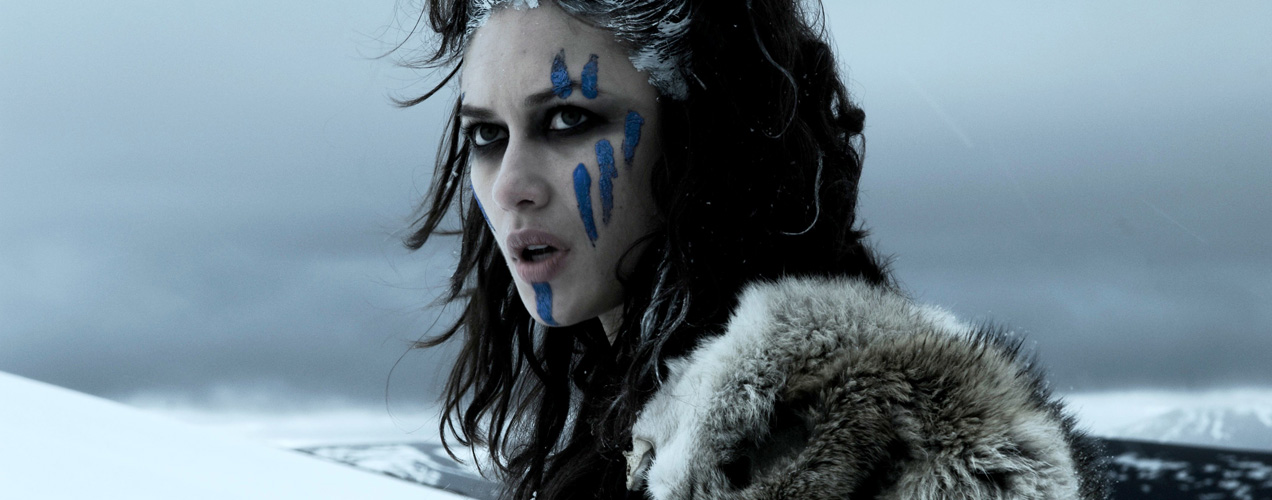2010 / Neil Marshall > The Roman Empire provides filmmakers with substantial history from which flesh out fantastic, thrilling dramas. Marshall fails to take advantage of such a backdrop with a story that may as well have been set in the Australian Outback. But while that may have been justifiable, the fact that the characters’ lack of common sense drives much of the generic, shallow plot is not. Add onto that the dated twists, Centurion becomes a disappointing follow-up to Fish Tank for Michael Fassbinder and another wasted opportunity for The Wire’s McNulty (Dominic West) to have a fruitful role.

Salt
2010 / Phillip Noyce > Angelina Jolie may be today’s best female action star, but even her awesome screen prowess can’t save a middling script with predictable twists. Kudos to the non-CGI action sequences reminiscent of classy Jackie Chan stunts, but even they’re not enough after the story starts blowing up halfway. Spy business used to be cool and can be cool again, but Salt will not be the film to bring the Cold War back into vogue. And can we please get Chiwetel Ejiofor a leading role?
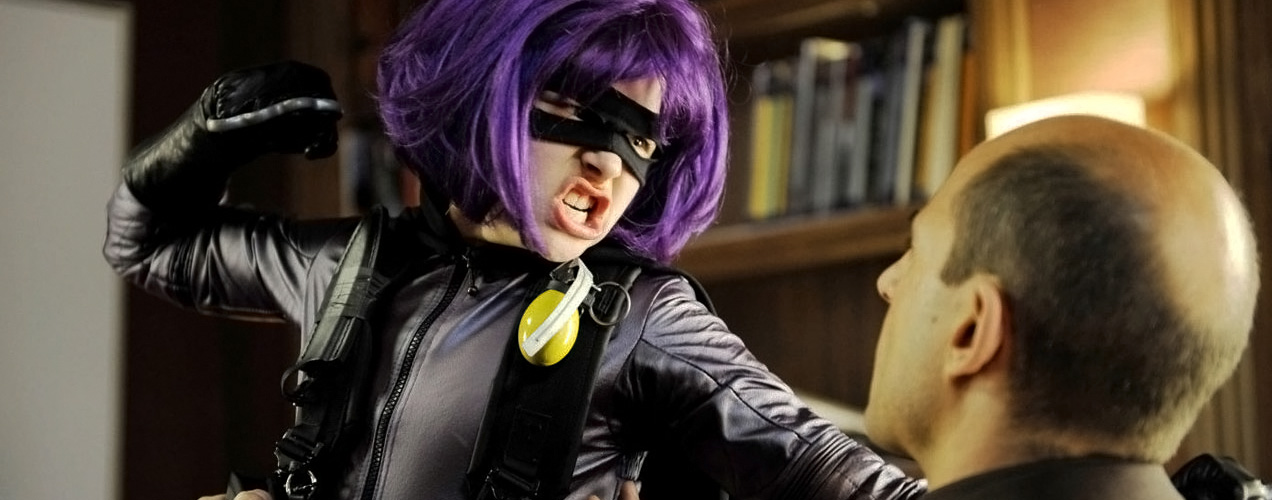
Kick-Ass
2010 / Matthew Vaughn > The bad: Awful editing, weak directing and mediocre writing. Scenes didn’t flow into the next, the musical choices were also suspect. The good: The whole mythology of the everyday man being told through Kick-Ass was nice, but Hit Girl stole the show over and over again. What an amazing screen presence Chloe Moretz has. She’s going to be a star (and has single-handedly given me hope that she’ll do justice to Lina Leandersson’s role in the remake of Let the Right One In). Takeaway? Vaughn may have peaked with Layer Cake.
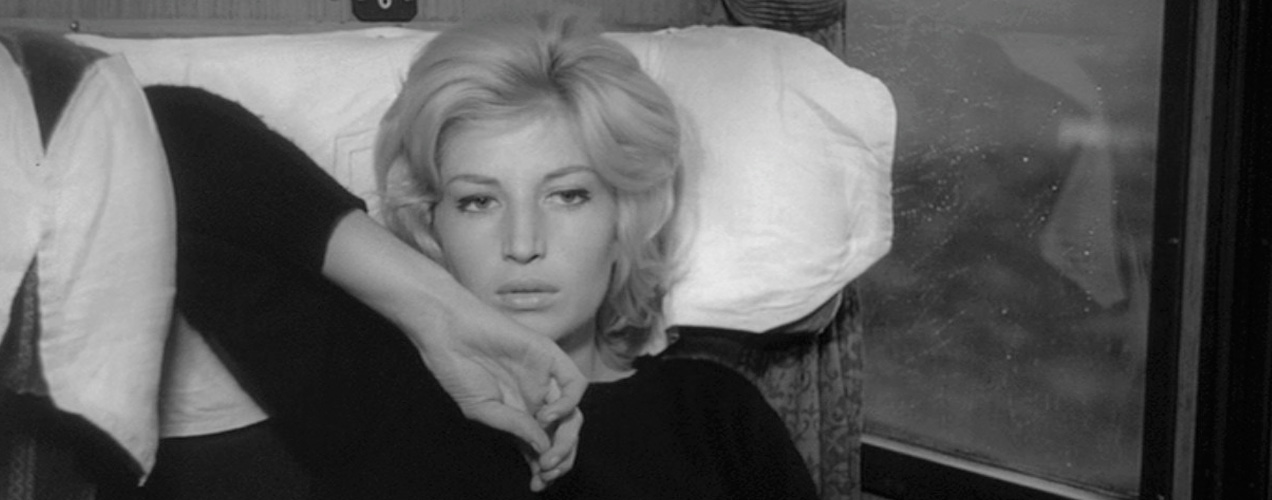
L’avventura
1960 / Michaelangelo Antonioni > It’s not quite Last Year at Marienbad, but L’avventura has the kind of melodic feel to its foundation that makes you want to look past any faults. But compared to La Dolce Vita (released in the same year) where Marcello was grounded in reality while all those around him floated about, nobody in this first part of the Antonioni’s alienation trilogy had that kind of hook. I had a hard time worrying about characters who often went out of their way to show (and sometimes tell) us that they didn’t have to care about the same things as the masses. If the film is meant to symbolize that money (and the lifestyle it brings) can still lead to an empty life, I’m not sold. Because these characters couldn’t garner my sympathy, I couldn’t, subsequently, care about what happened to and around them. For others with different value systems and life experiences, this may work. It’s a film you have to feel in your gut or it just won’t have a payoff.

Werckmeister Harmonies
2000 / Béla Tarr > While beautiful and often mesmerizing, Werckmeister Harmonies is not easy to digest on the first viewing. Its metaphysical aspects hint at quite a bit of depth but for those without background knowledge of Hungary within the context of European history, the lessons in tow may seem shallow. Tarr’s apparent preference (or obsession) for very long takes are mostly enjoyable, though there are times one has to wonder if certain scenes could have been shortened here and there for greater impact. Also rather fascinating is star Lars Rudolph having to be dubbed as he’s German and the film is in Hungarian, which is apparently a rather complex and almost insular language. This is initially jarring in the intro sequence (which is absolutely fantastic itself) but becomes less of an issue as time goes on. Supposedly, this is one of the least accessible of Tarr’s works but can still serve as an appetizer before attempting his seven and a half hour labor of love Sátántangó. Just be prepared for a second viewing.
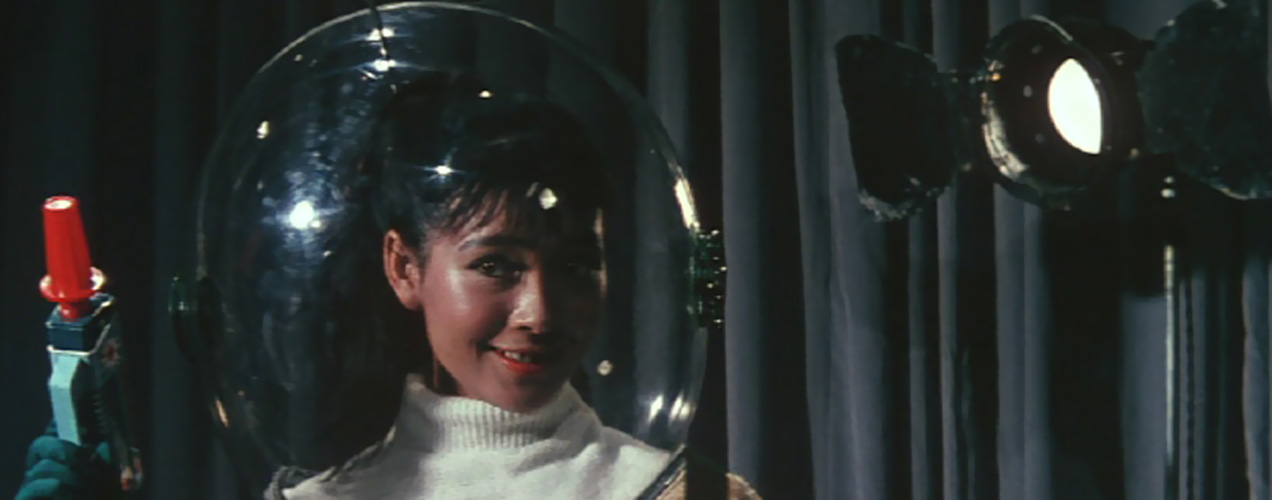
Giants and Toys
1958 > Yasuzo Masumura > Several times during Giants and Toys, I checked when the film was made. Kept on thinking late 70s, maybe mid-60s. But no, this was the prescient work of Masumura back in 1958, before the world of AMC’s Mad Men and a far cry from the salarymen lifestyle we see now in Japanese cinema. This is as biting a morality tale as Sweet Smell of Success but with a lot more color, a girl with terrible teeth and pop culture satire undermining the apparent comedy. No wonder Park Chan-wook considers this man one of his great influences.
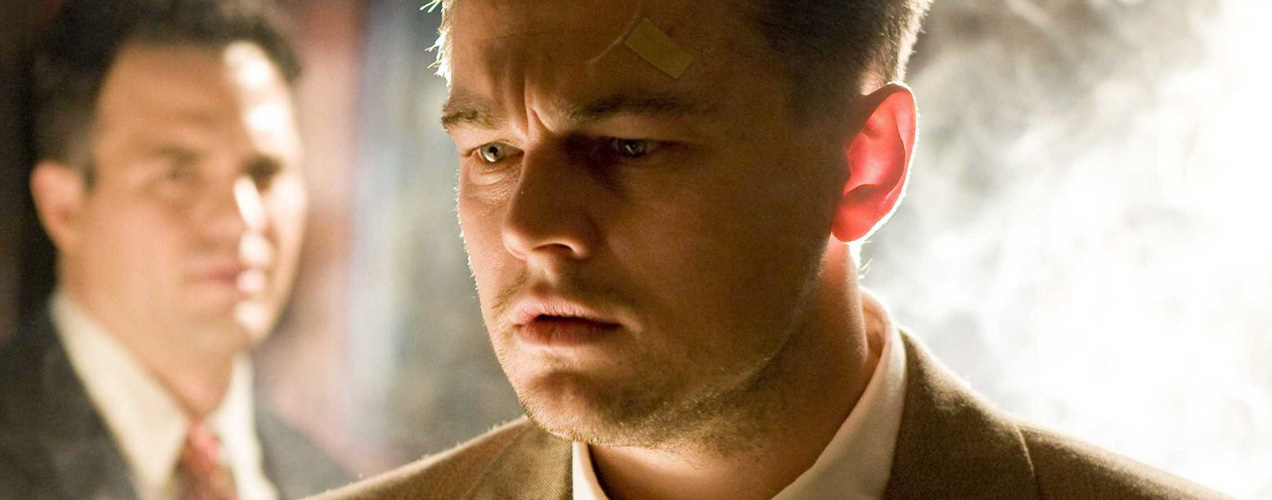
Shutter Island
2010 / Martin Scorsese > Something happened to Scorsese between Goodfellas and Casino. He stopped demanding more of the viewer, started catering to a lower common denominator and/or became too complacent with his storytelling. For a film to work, the technicals need to match the fundamentals and aesthetics. They don’t always need to be in equal parts, but if one fails, the others get dragged down hard. In the case of Shutter Island, a darkly beauteous approach to classic Hitchcock horror, the director of Taxi Driver becomes satisfied with an ending that’s not only predictable but has become almost expected in this day and age. It takes a lot more than a question of morality and human conscience that surrounds the finale to quench the thirst for a good film.

Daybreakers
2010 / Michael Spierig & Peter Spierig > Daybreakers starts out strong with a focus on creating atmosphere, context and a scientific approach to how vampires come to rule Earth, and then quickly teeters into a banal action clone that misses out on a chance to be a science fiction classic because of its shortsightedness.
Avatar
2009 / James Cameron > From a historical perspective, the positives for Avatar far outweigh the negatives. Cameron’s technology is incredible: Often during action sequences, I was wondering if the make-up would come off in the heat, only to realize that, no, this wasn’t make-up, that this was a new generation of CGI that would change the way we create and experience movies for the the next decade. Throw in the vibrant, imaginary setting of Pandora and you have a world ripe for the picking. But then comes the story, the characters and the barrage of cliches. One could argue that a tried and true story can be made better with refinement, but I’ll argue that even in that, this film fails. The writing is tragically bad at times (“I see you!”), and the supporting players are ridiculous caricatures. If in doubt, seek no further than the element of interest in the film: Unobtainium. If that doesn’t give away to the fact that someone, somewhere down the line forgot to do some quality checking on the script, I’m not sure what will.
The trick with Avatar, though, is this: I’m grateful for it. Some consider The Abyss to be the test vehicle for Terminator 2, and that to be a test vehicle for this. But given its lack of maturation in the storytelling department, I can’t tell you how excited I am to see what Cameron does with his upcoming Battle Angel. Technology allows filmmakers to provide instant gratification to viewers. But you need a story for a film to be memorable, for it to age well. The Matrix is shockingly corny now, and I have little doubt that Avatar will also fail to hold up in the annals of time, box office receipts be damned. Its legacy, however, will be carried forth by the technology and all the cinema that will be founded on it.

Accident
2009 / Soi Cheang > Easily the most accessible film Cheang has made in the latter half of the decade, Accident is a cryptic piece about assassins who construct seemingly random chains of events to do their dirty deeds. On the outside, the package is filled with the kind of polish meant for a classy thriller, but underneath the hood, the focus is really about self-paranoia, or rather, when your business is making illusions, at what point does your reality cease to exist? Produced by Johnnie To, the film also acts as a showcase for Louis Koo’s acting abilities. After a career of being a slighted pop performer, he’s really starting to carve out a name for himself as Hong Kong’s go-to frontman (also see Election 2 and Overheard). Accordingly, Cheang also continues to impress with fresh, genre-hopping efforts similar to fellow countryman Edmond Pang that gives quite a bit of hope to the future industry of the country that brought us both John Woo and Wong Kar-Wai.

